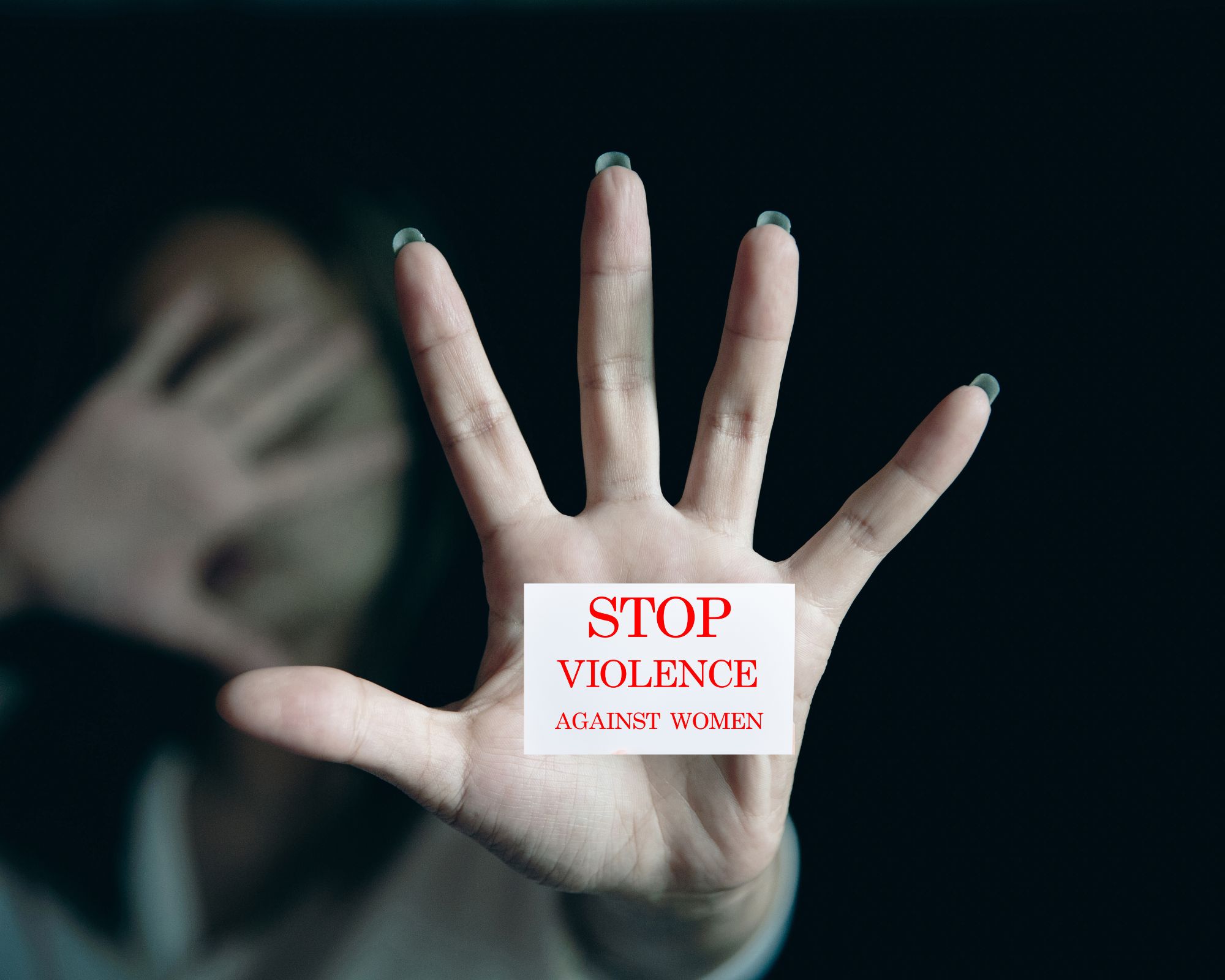Summary:
-
One in three women is thought to experience gender-based violence in their lifetime, according to a statement launching the “UNITE!
-
Activism to End Violence against Women and Girls campaign.
-
“Additionally, in the past year, less than 40% of women aged 20–24 who experienced abuse sought any assistance.
-
Nearly one in five of these women had married before reaching the age of 18. Violent catalysts drivers and risk factors of VAWG have also worsened due to global emergencies, crises, and conflicts.
-
UN Women and its sister organizations are urging governments and partners to “act now to end violence against women and show their support for women’s rights movements and activists.”
A campaign called “UNITE! Activism to End Violence Against Women and Girls” said in a statement that one in three women would experience gender-based violence in their lives.
Additionally, in the past year, less than 40% of women aged 20–24 who experienced abuse sought any assistance. Nearly one in five of these women had married before reaching the age of 18.
Violent catalysts
World emergencies and conflicts have also worsened VAWG’s causes and risks.
The statement reads, “Since the beginning of COVID-19, 45% of women have claimed that they or a woman they know has experienced a kind of VAWG.”
As we saw with Hurricane Katrina in 2005, the Haitian earthquake in 2010, the tropical storms in Vanuatu in 2011, and the Australian bushfires from 2019 to 2022, natural disasters also make all kinds of violence against women worse.
As anti-rights movements have grown, so have cases of violence against women online.
The UN bodies said that as a result, “the space for civil society has shrunk, there has been pushback against women’s rights organizations, and there has been an increase in attacks against women human rights defenders and campaigners.”
Combating the evil
Even though it might appear impossible, the UN emphasized that “it is not” possible to abolish gender-based VAWG.
“Significant reductions in violence against women can be made through active feminist activism and campaigning, as well as through multisectoral action and investment based on evidence and practice,” said the statement.
UN Women and its sister organizations are urging governments and partners to “act now to end violence against women and show their support for women’s rights movements and activists.” They do this by pointing to evidence that “strong and independent feminist movements” are “the most important part” of ending VAWG.
Advancing and taking a position
Through the UNiTE campaign, the UN is asking for more long-term funding and help for women’s rights groups working to stop and deal with VAWG.
Along with helping protect women’s rights, it encourages women and girls to be leaders and participate in politics, policy, and decision-making. It also raises the voices of feminist women’s movements and women fighting for human rights.
The declaration also says that more needs to be done to protect female human rights defenders and advocates/activists for women’s rights from violence, harassment, threats, intimidation, and unfair treatment.
Analysis by: Advocacy Unified Network

